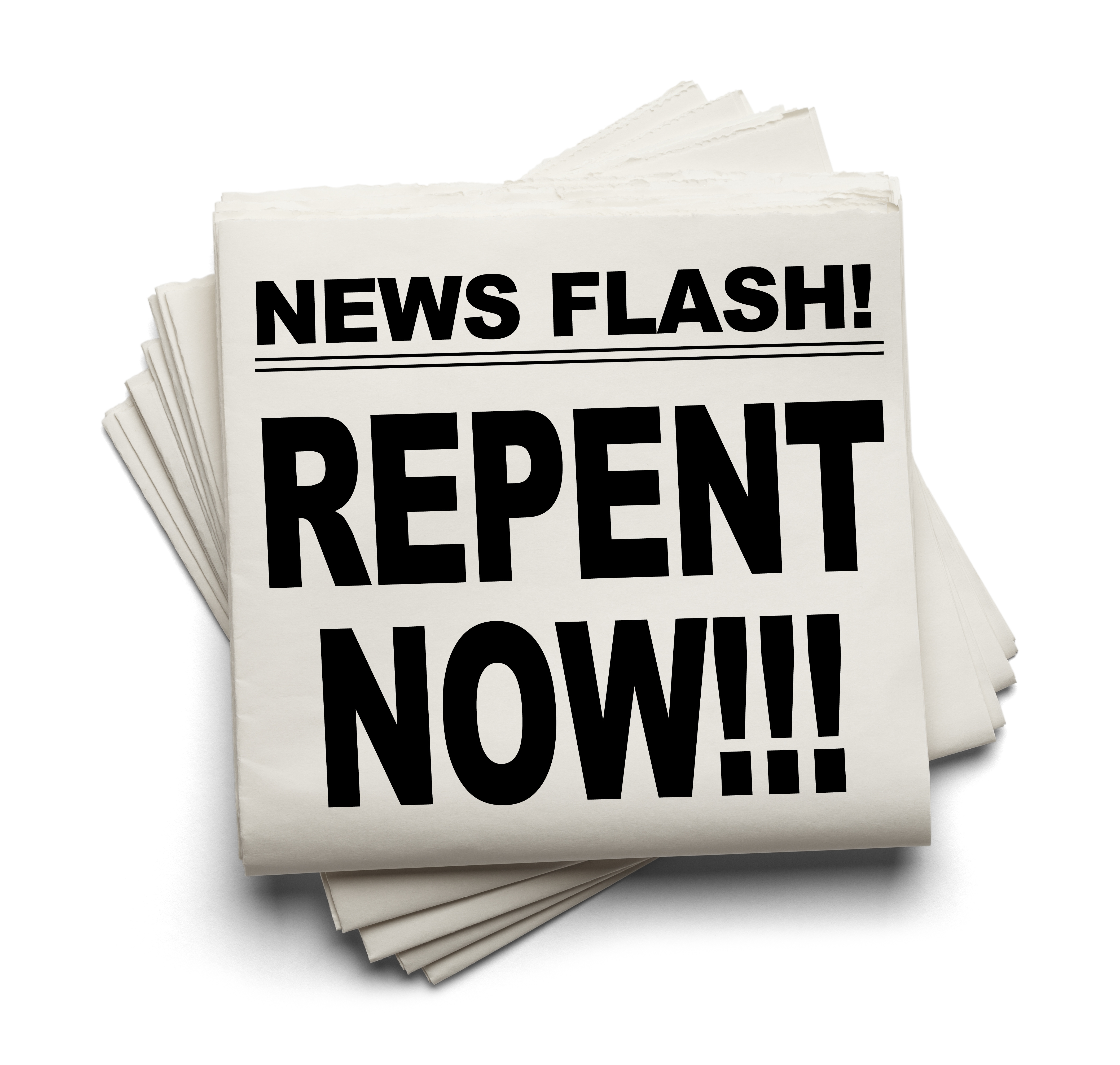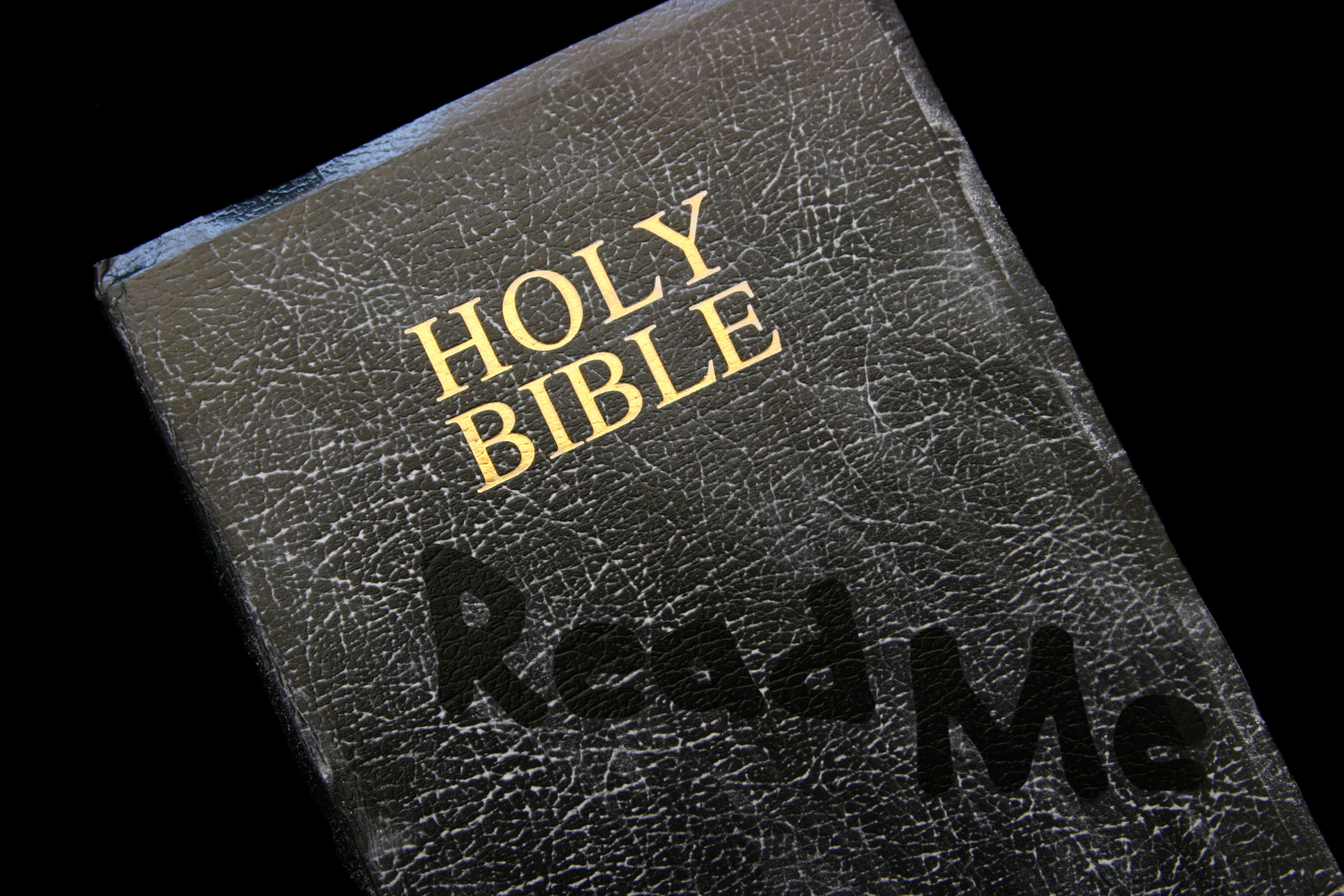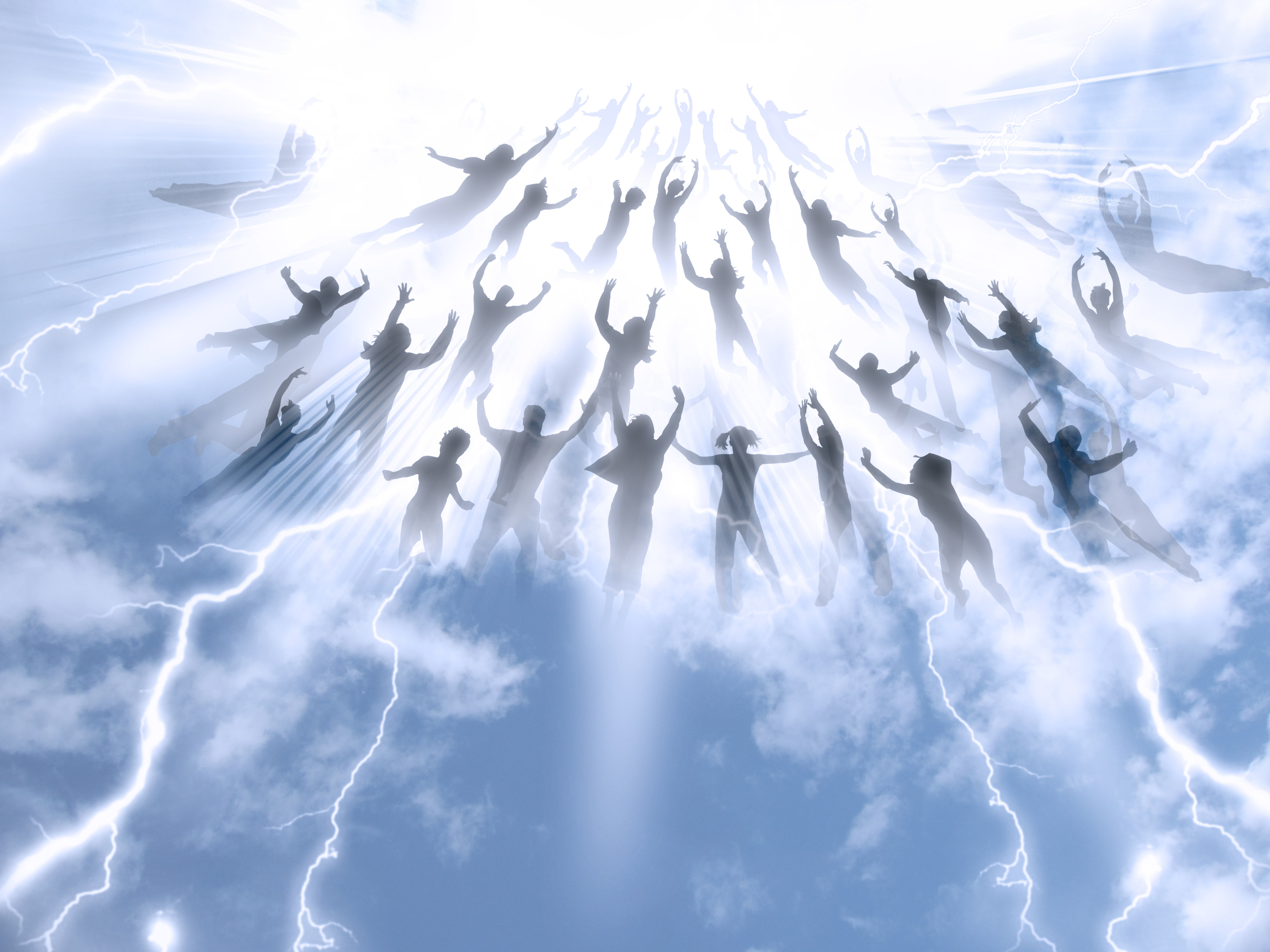Psalm 91:1 (and the rest of Psalm 91) Is the Biblical 9-1-1 to Call in Our Time of Trouble
Psalms 91:1, Secret. Heb. cether means “covering, shelter, hiding place, secrecy,” and is from the root word meaning “to hide, conceal.” When troubles comes our way like a tidal wave, the natural human reaction is to stand and fight or to flee in fear. In psychology this is known as the fight or flight response. There is a time to fight, but at all times we need to be hiding in the secret place of our relationship with our Almighty Father in heaven, to which the latter part of this verse alludes. Out of that place, and from under the shadow of the wings of the Almighty and in his throne room, we will not be cowering in fear from our enemies, but we will find the courage, will and stamina to stand firm in faith, and, if necessary, to come out and to fight the enemy not in our own strength, but in that of Elohim as led and guided by his Spirit.
Abide. Heb. luwn means “to lodge, stop over, pass the night or abide.” A lodge is a place where one temporarily spends the night. When dark times come our way, we need to stop over, spend the night, run to and abide in the throne room of the Almighty! This speaks of prayer, worship, praise and studying his Word.
Psalms 91:1, 4, Under the shadow of the Almighty…under his wings. According to the ancient Jewish sages, Moses composed this psalm for the tribe of Levi who dwelt under the shadow of the wings of cherubim that stood over the ark of the covenant in the Tabernacle of Moses—a physical representation of YHVH’s throne room in heaven. The sages go on to explain that the psalmist describes the devout man of faith who lives with Elohim in his heart, and who never leaves Elohim’s shadow. Such a man is a true biblical hero of faith to whom Elohim pledges (v. 16) he will satisfy with long life and show him his salvation (The ArtScroll Tanach Series Tehillim/Psalms Commentary on Ps 91). This psalm ends with the promise of the blessing of long life to those love and serve YHVH, and beyond that, salvation, which is the Hebrew word Yeshua—the very name of the coming Messiah who would offer his people deliverance from the ultimate enemy, namely sin and its death penalty. The result of this deliverance is the glorious divine gift of eternal life through faith in Yeshua the Messiah—the supreme gift and blessing of all! This psalm is a prophecy pointing to the Messiah.
In Jewish understanding, the Tabernacle of Moses wasn’t complete until the glory of YHVH’s presence took residence in the tabernacle’s inner chamber, the holy of holies. This was evidence that YHVH was making this habitation his own in a most intimate way. How was it possible, they ask, for the Creator of the universe to inhabit a mere tent? They explain that he focused his presence into this tiny spot. This isn’t unlike a magnifying glass that reflects the suns rays into a small but focused point on a piece of wood or paper. Were the earth closer to the sun, it would be burned up. Yet the sun’s light can be brought to the earth in a concentrated form that will not cause harm. This is exactly what Elohim did when he incarnated Yeshua into the womb of Mary. The sages had the understanding that the holy of holies is a picture of man’s heart that the Creator wants to indwell, which is the most sacred sanctuary of all.
The conception and birth of Yeshua was the fulfillment of this prophecy. The fire of the Set-Apart Spirit that came down upon the disciples on the day of Pentecost in Acts 2 was a fulfillment of this desire of YHVH of which the fiery glory cloud that dwelt in and over the Tabernacle of Moses was a prophetic portent. Yeshua promised his disciples that through this same divine fire he would dwell in their hearts after his death, resurrection and ascension. The result of this divine encounter of Elohim with those in the upper room resulted in many repenting of their sins and coming to faith in Yeshua the Messiah (Acts 2:38–41), which is the greater message of Psalm 91.
Psalms 91:3, Snare of the fowler. This is literally referring to a bird trap and the trapper. In ancient times, birds were trapped and used for food. This could be a poetic picture of Satan and his demons who fly through the air searching for human prey. A biblical example Continue reading →





